Acne isn’t only caused due to adolescence or hormonal changes. They can also be caused from allergic reactions to bad weather flare ups.
When acne develops, we often go for over the counter treatments or clinically proven products to aid acne as we are convinced that these will help get faster results and reliable skin solutions. But little do we know that we are turning towards harsh chemicals which makes acne worse and have adverse side effects. Many of these acne treatments are hard on the skin, result in over drying of skin and sometimes can leave you worst off.
Our skin needs a solution which is not only effective in combating acne and pimples but is gentle on the skin. Instead of applying harmful chemicals on the skin, its time to consider using essential oils for acne treatment.
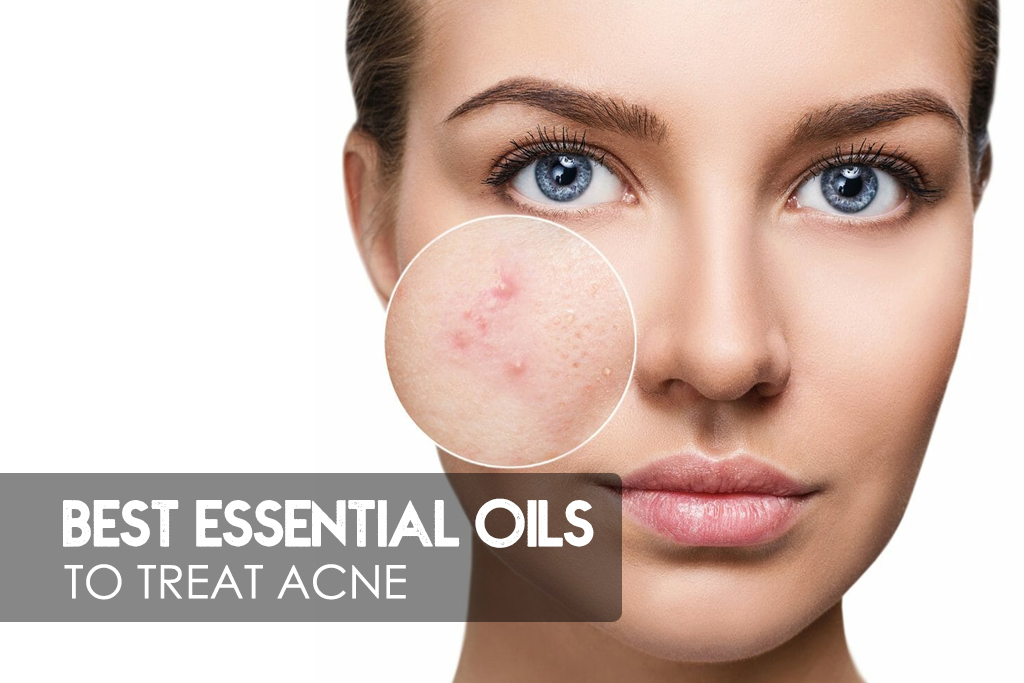
What causes acne?
Acne is an inflammatory skin disease which is caused by dead skin cells and oil which gets trapped inside hair follicles. A clogged pore becomes breeding ground for bacteria which results in pimples. Pimples, also known as zits or spots, are symptoms of acne.
While acne usually occur during puberty, it can occur at any stage of life. It is one of the most common skin conditions and though it is not life-threatening condition, it can be painful and can cause emotional distress.
Acne which appears on the face can affect self esteem and over-time may cause scarring.
What are essential oils?
Essential oils are essences of plant extracted from distillation of plant parts like bark, flowers, leaves, rinds, roots and seeds of fruits and plants. Essential oils are natural and can be used to treat acne. Many essential oils contain anti-inflammatory, antioxidant, and antimicrobial properties which not only help in soothing acne prone skin but can also reduce the appearance of dark spots.
Why essential oils?
Over the counter products which dermatologists usually prescribe to treat acne is benzoyl peroxide. Even though it can successfully kill bacteria, it also contains harmful chemicals which can lead to dryness, itchiness, or cause skin to peel. On the other hand, essential oils help to replenish and balance your skin.
One common misconception is that treating an oily skin with an oil based product is contradictory. However essential oils can actually replace and remove the greasiness along with removing acne causing compounds.
Best Essential oils for Acne Treatment
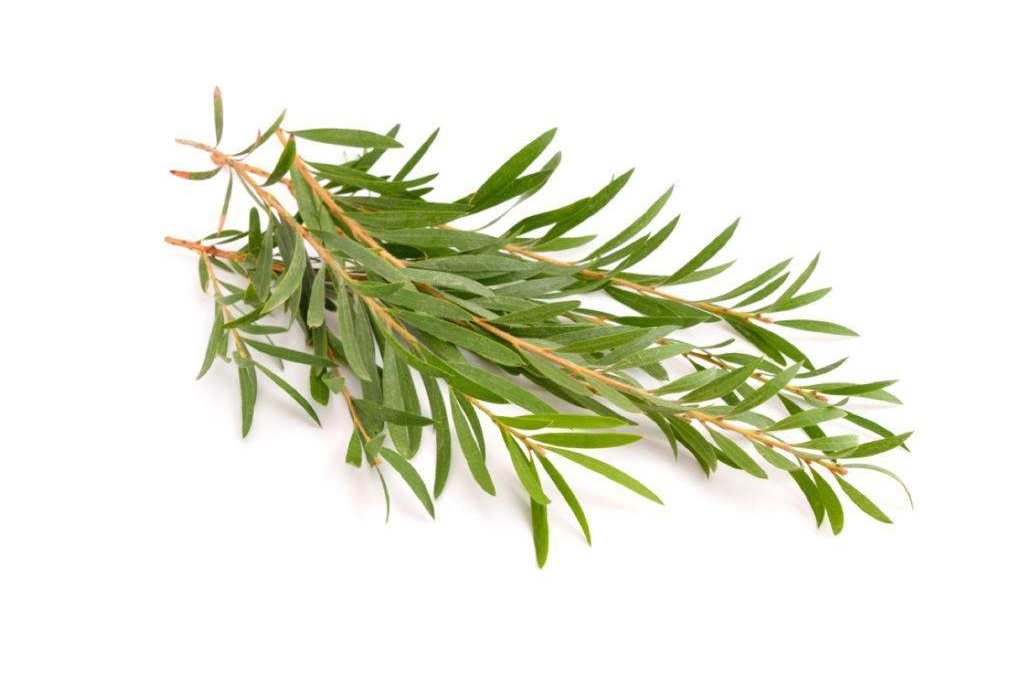
No list of acne fighting oils will ever be complete without Tea Tree oil. It is a light oil and has fantastic anti-bacterial and anti-viral properties. It acts very similar to how spot treatment works and helps to eliminate germs and bacteria. The anti-inflammatory properties helps to rapidly reduce the size of the pimple and helps to dry out pus. It is a powerful antiseptic, therefore use it sparingly on the affected spots and then top off with a moisturizer to keep the area from completely drying out.
How to use: Add 1-2 drops of Tea Tree oil on a cotton ball and spot treat blemishes. If you have sensitive skin, dilute 1-2 drops of Tea Tree oil with 1 tbsp of carrier oil like Jojoba Oil and apply on affected areas. Those with oily skin should avoid using coconut oil as it can clog pores.
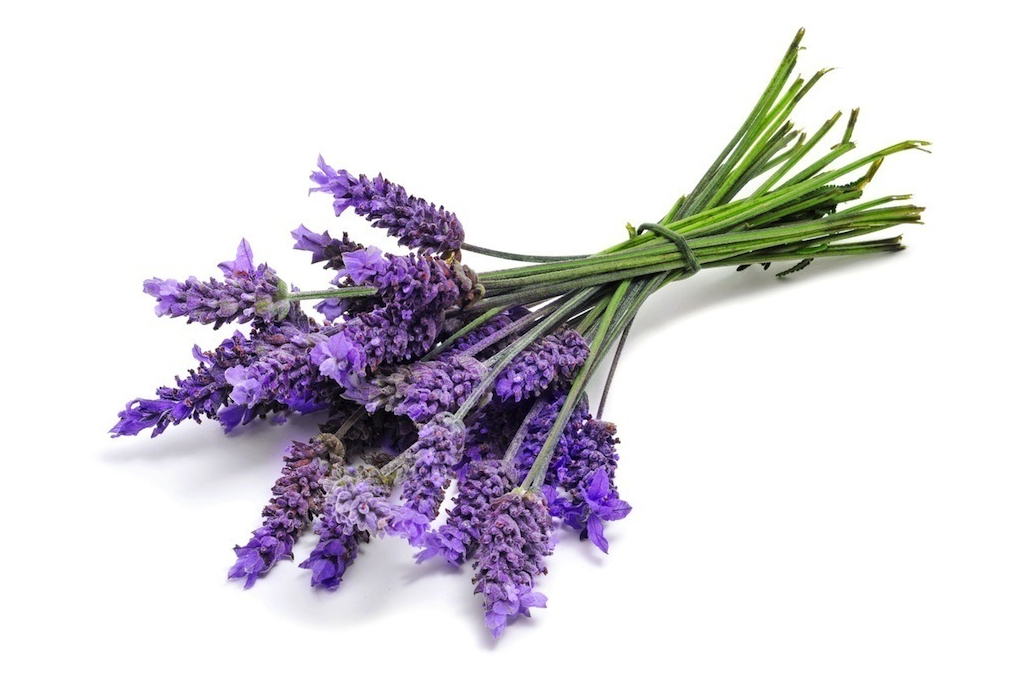
What cant lavender do? It is known for its calming fragrance and contains linalyl acetate which helps to reduce inflammation, treat rashes and stabilize skin natural oil levels. It also contains linalool which helps to relax upset skin and prevents the growth of bacteria through its anti-inflammatory and anti-bacterial properties. Lavender oil is also known to reduce stress, a factor which can trigger breakouts. The antioxidants in this oil can help remove dead skin cells and toxins from the skin and unclogs pores to allow the skin to breathe.
How to use: Add 1-2 drops of lavender oil on a cotton ball and apply directly on blackheads or inflamed areas. You can also mix 3 drops of lavender oil in 1 tablespoon of argan oil and apply on the face.
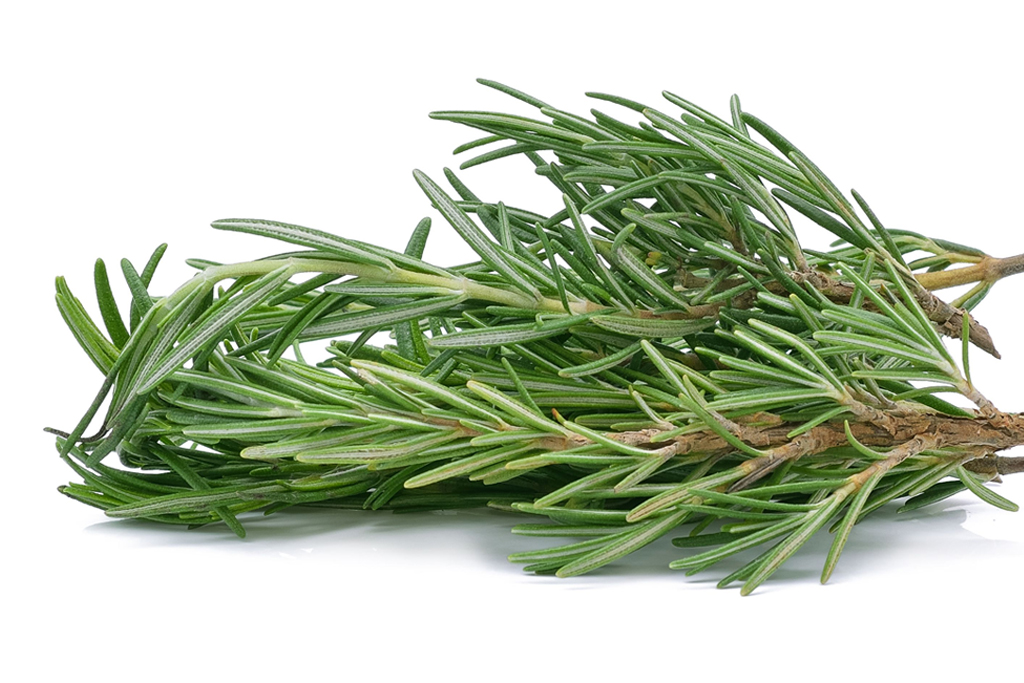
Rosemary oil is excellent in managing sebum production in the skin and helps to keep the skin clearer and less oily. This oil is particularly beneficial to prevent outbreak of pimples in the first place. The anti-inflammatory properties help to treat redness caused by breakouts and reduces puffiness without causing irritation.
How to use: You can use 1-2 drops of Rosemary oil added on a cotton ball as a spot treatment. It can be applied directly or diluted with a carrier oil. For dry and irritated skin, mix 3 drops of rosemary oils with 1 tablespoon of Aloe vera gel and apply for face. Leave for 5-10 mins and then rinse.
Sandalwood Essential Oil
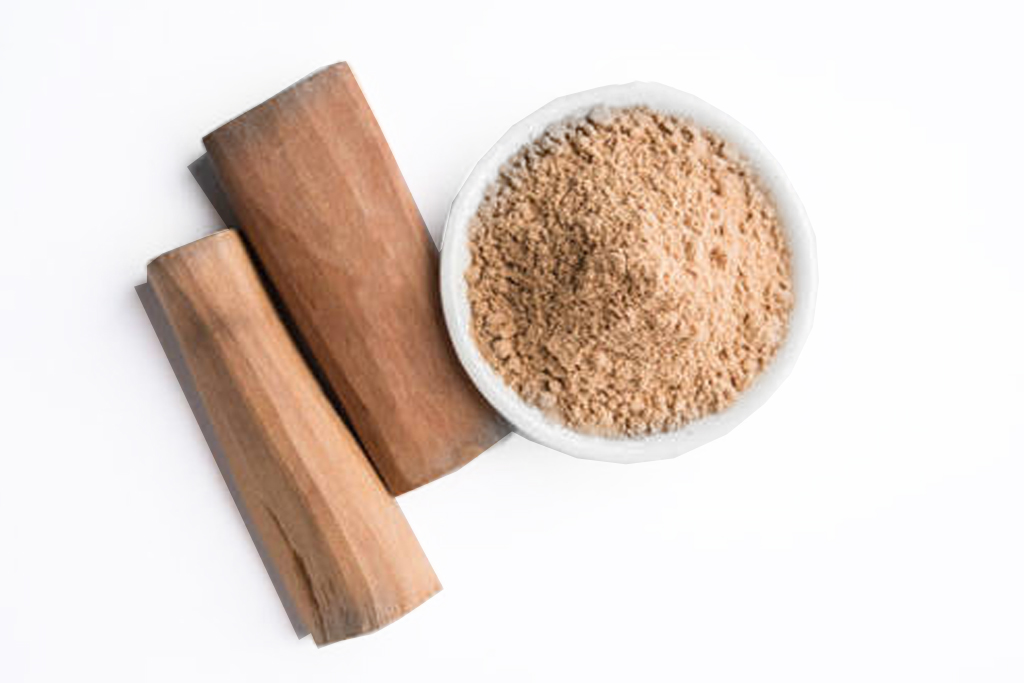
Sandalwood oil works miraculous in existing pimples. It is known to have anti-inflammatory, antioxidant, anti-microbial activity and is gentle on the skin. It helps to get rid of acne causing bacteria and may even be helpful in preventing further growth of pimples. It is antiseptic, astringent, and helps in locking in moisture in skin.
How to use: Take 2-3 drops of Sandalwood oil and mix with 1 tablespoon of carrier oil like Jojoba oil or argan oil. Massage this mixture on the face or affected areas.
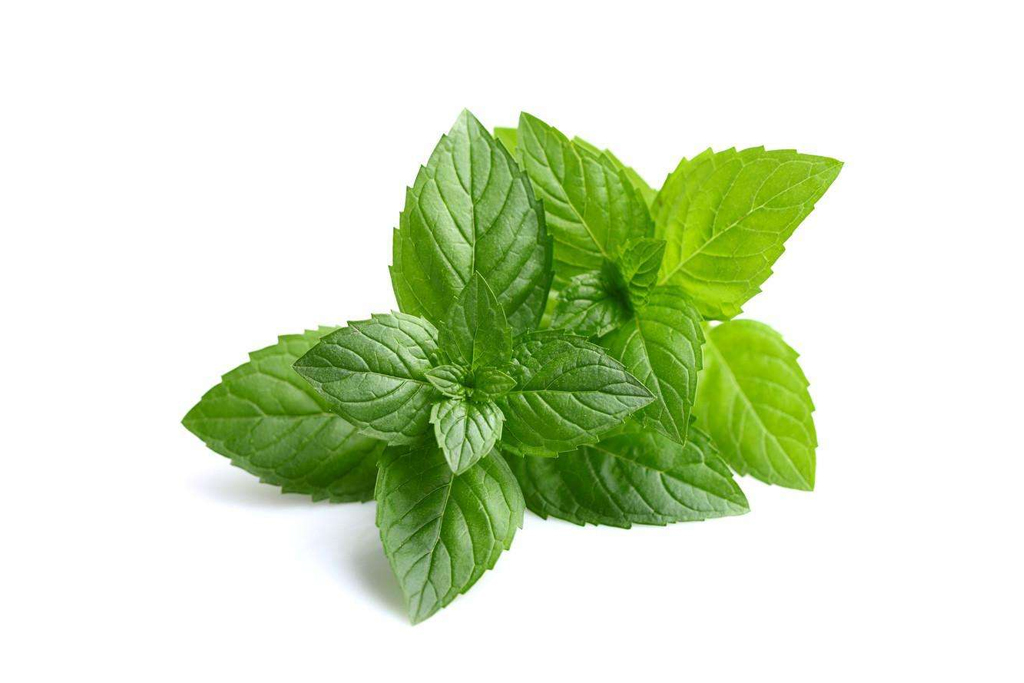
Peppermint oil is another oil which is helpful in reducing the swelling and inflammation caused by bacterial acne. The menthol content in peppermint oil helps to reduce blackheads which are caused by irritated pores by decongesting your skin and reduces redness. It is known for its anti-bacterial and antiseptic properties and can be incorporated in your daily skin care routine.
How to use: Always dilute peppermint oil with a carrier oil like Jojoba oil before applying on skin.
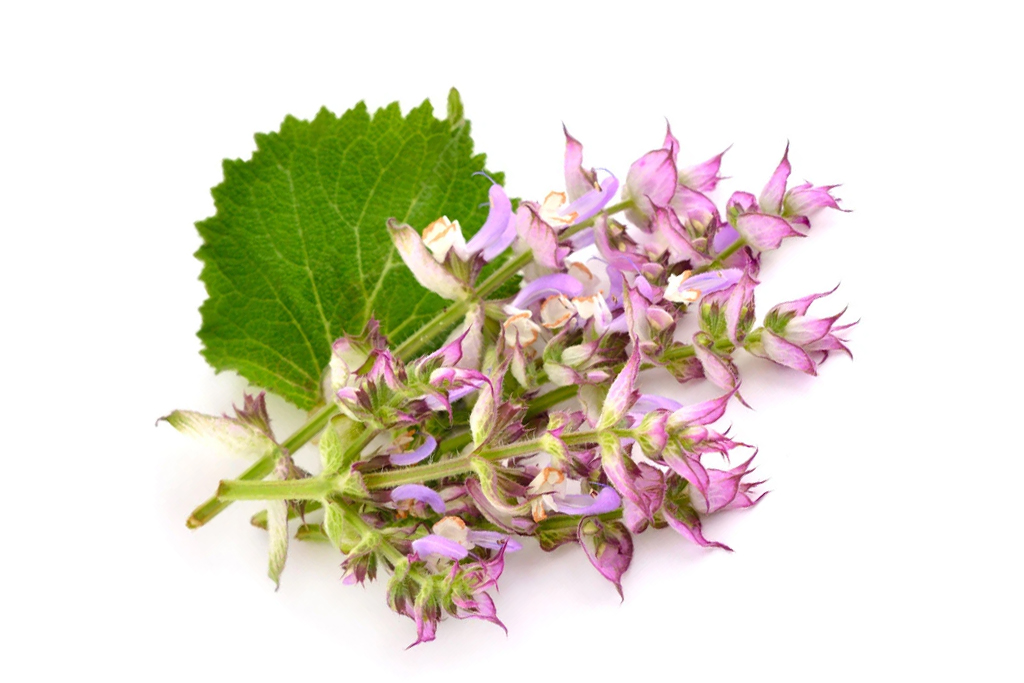
Clary sage is extremely useful in fighting acne as it highly effective against bacteria causing acne. It is also known to have excellent anti-inflammatory properties which helps prevent scarring
How to use: Add 2-3 drops of Clary Sage essential oil with 1 tablespoon of carrier oil and massage on the affected area.
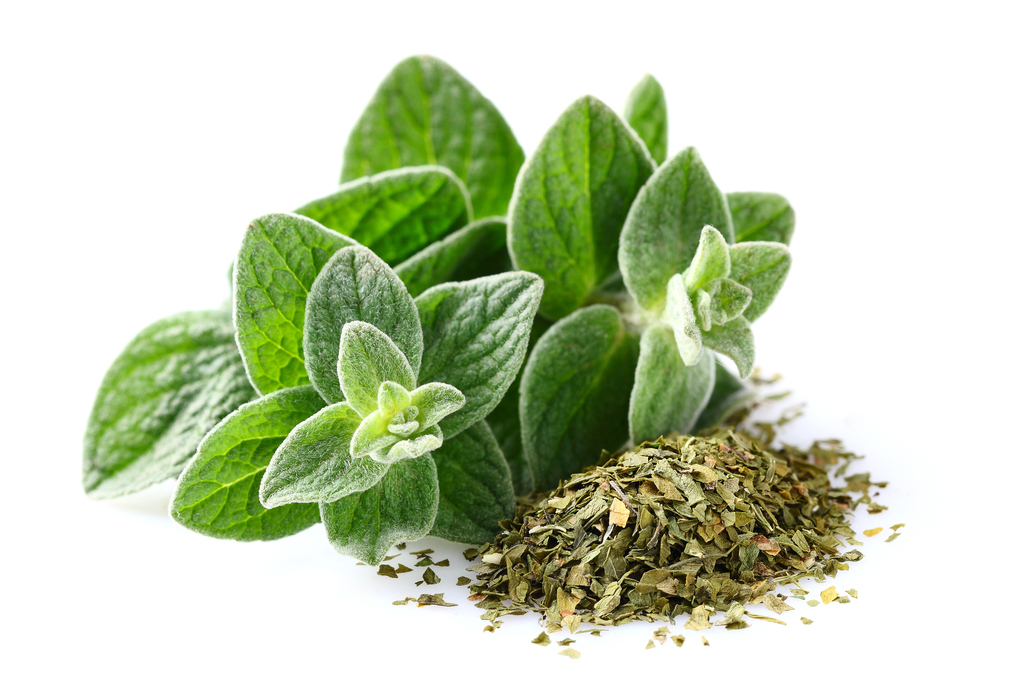
Oregano oil is known to have antiseptic and antibacterial properties which helps to kill or reduces the spread of bacteria. It contains properties which are helpful in inhibiting growth of bacteria and helps in reducing inflammation.
How to use: You can use oregano oil as a spot treatment on affected areas by diluting with a carrier oil and dab lightly on the spots to dry them out.
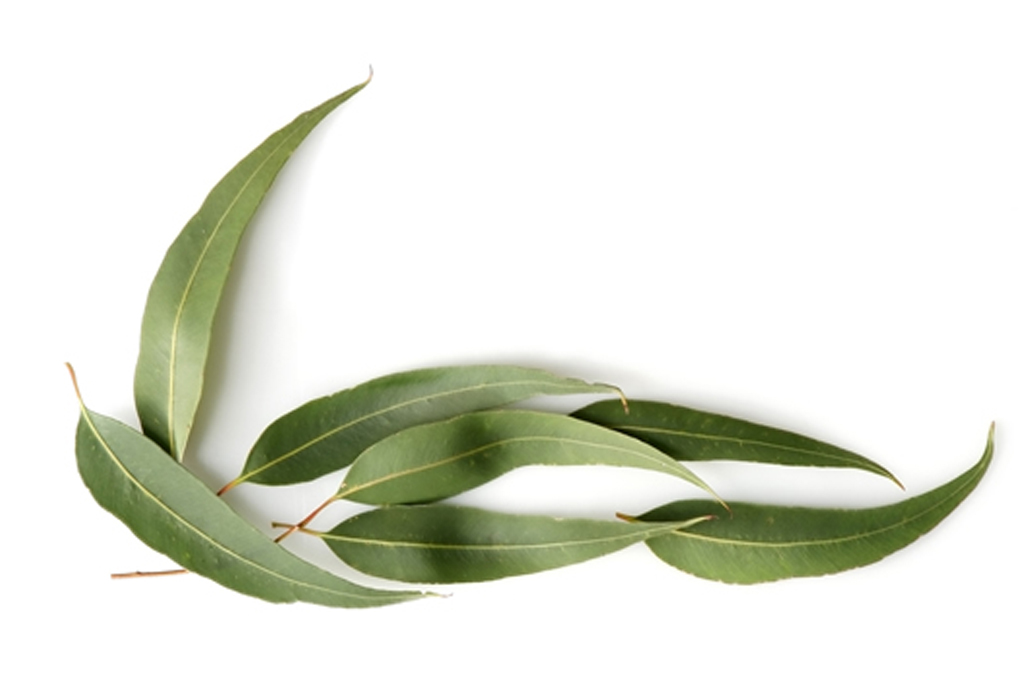
Eucalyptus oil is helpful in managing the sebum production in the skin. The antibacterial properties help in reducing the level the oil produced thereby helpful in managing acne. It also helps pimple burst and dry out safely. It is a calming oil and the antimicrobial properties helps to prevent infections so that popped pimples can heal without further spreading bacterial infection.
How to use: You can mix 2-3 drops of Eucalyptus oil to any moisturizer and apply on face. Alternatively you can mix 2-3 drops of Eucalyptus oil with 1 tablespoon of carrier oil and apply either on just the spots or entire face.
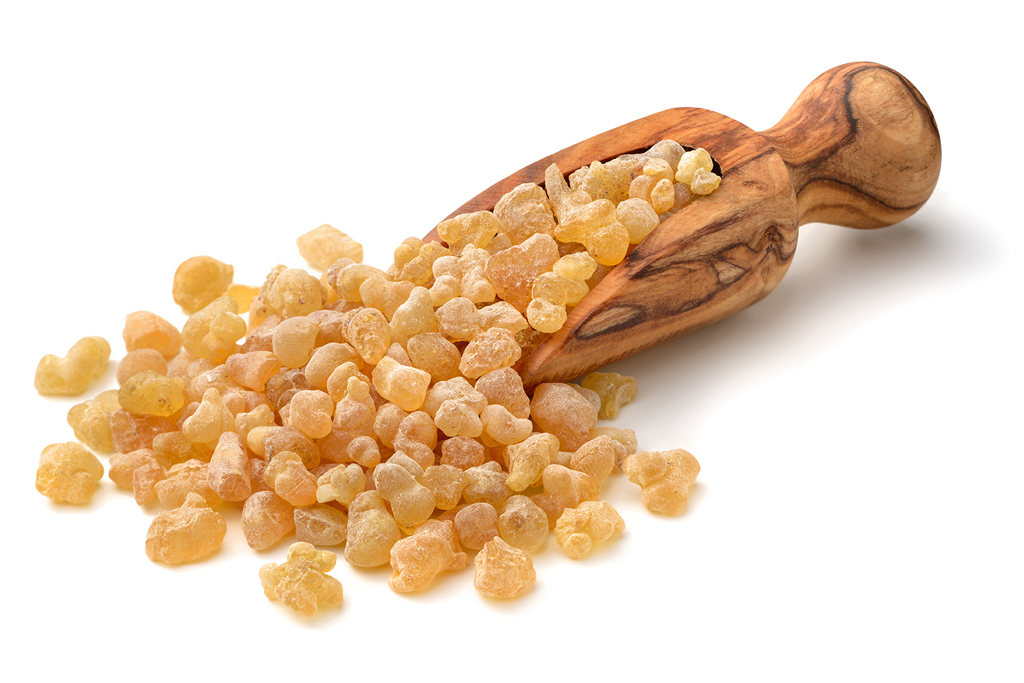
Frankincense oil is known to be gentle on skin and is suitable for all skin types. It also helps to heal scars caused by pimples. The antimicrobial and anti-inflammatory properties help in soothing irritated skin with its cooling effect and fights bacterial growth. It also aids in tissue growth, helps in treating scars, burns and aging skin.
How to use: Stubborn blemished can be treated with spot treatment by directly applying 1-2 drops of frankincense oil on the skin with a cotton ball.
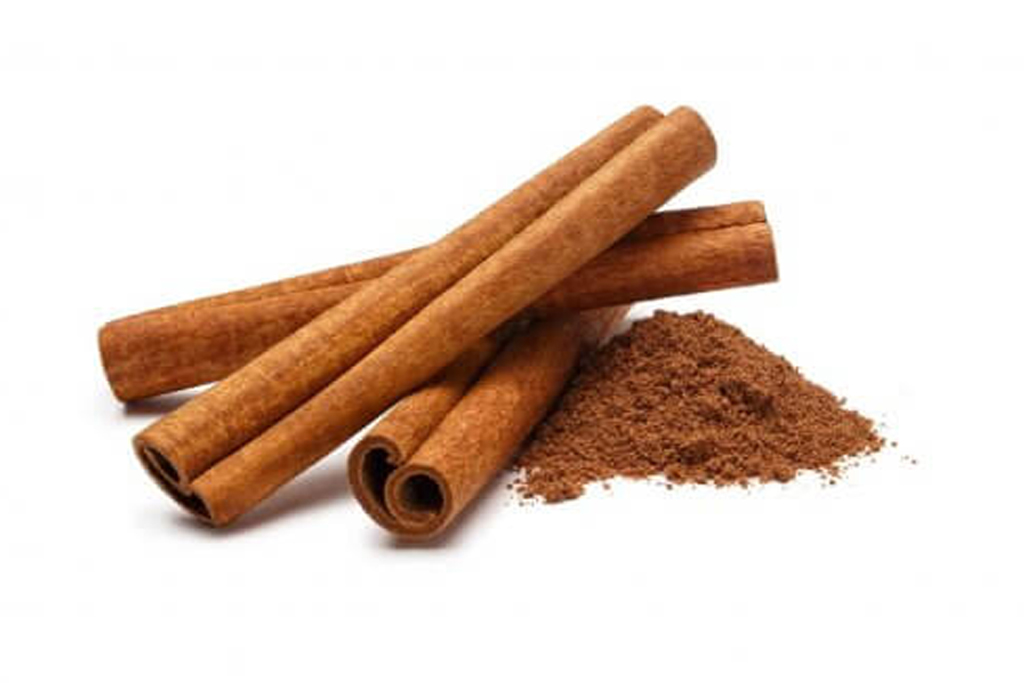
The antibacterial and anti-inflammatory properties of cinnamon oil are effective in treating breakouts. It is also known to have the ability to reduce the appearance of scars and helps to reduce excess oil on the skin. It is nowadays a common ingredient in many facial products which are aimed at improving skin health.
How to use: Mix 2-3 drops of Cinnamon oil with 1 tablespoon of carrier oil like Jojoja oil and apply to acne prone areas. You can also make a DIY acne face mask by mixing 2 drops of Cinnamon oil with 2 teaspoon honey, apply on face for 5-10 minutes and then rinse.
If you have sensitive skin, always dilute with a carrier oil
Since essential oils are highly volatile and concentrated, they should be mixed with a carrier oil especially if you have sensitive skin. Sweet almond oil, Avocado oil and Jojoba oil works well as carrier oil base. Their structural abilities also help to retain and balance moisture in the skin.
People with oily skin avoid using coconut oil as it can clog pores which might make acne even worse.
Precaution
While some essential oils might be harmless or even helpful, there is always a possibility of a negative reaction. It is always recommended to first do a patch test on the forearm before apply them on the face.
Also ensure that essential oils are diluted in suitable carrier oil before applying as essential oils are potent and can cause irritation.
It is important to use 100% pure essential oil and not fragrance oil to benefit from their therapeutic properties.
Disclaimer: The information provided on this page is for informational and educational purposes. I am not a medical professional and highly recommend consulting a doctor before using oils as part of any medical treatment.
